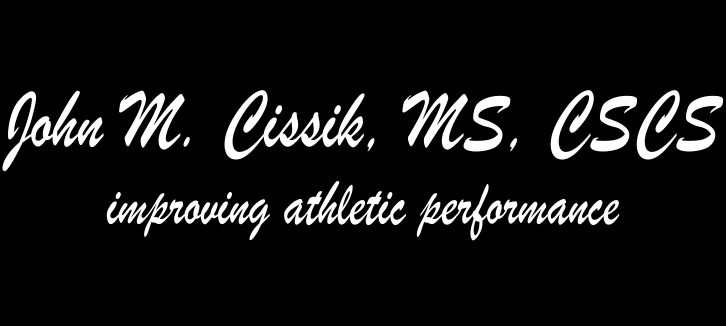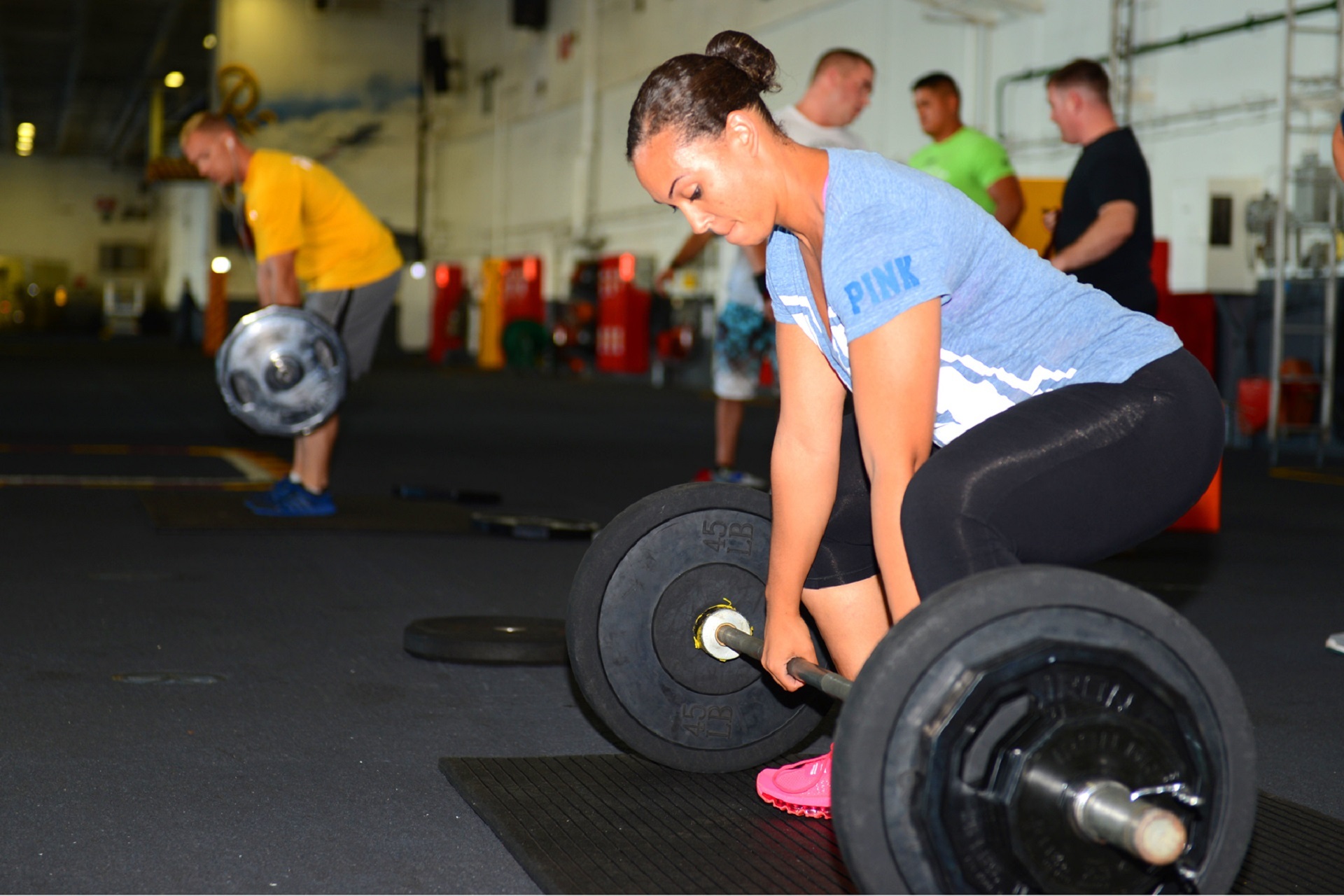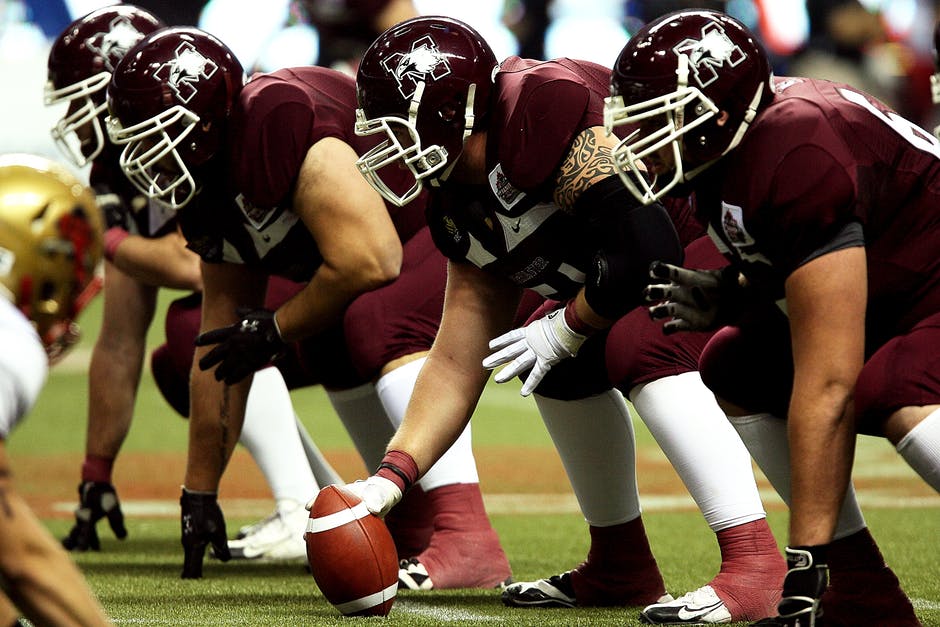It’s very difficult for high-level Olympic lifters to continue to make gains as a result of training. In a classic study, Hakkinen et al had determined that an elite strength and power athlete is fortunate to increase their strength by 1-2% a year. As a result, there are always new ways being sought out to help with this.
One idea is short-term overreaching. The idea behind this is to overtrain athletes for a very short period of time, usually a week or two. The thought is that this short-term increase in volume and intensity would be the stimulus for gains in strength.
Storey et al, in a 2016 issue of the Scandinavian Journal of Medicine and Science in Sports, conducted a study looking at the impact of overreaching training on international-caliber Olympic lifters. The seven athletes in their study (male and female) had international experience up to and including the Olympic Games and were at 68% of the world record in the snatch and almost 73% in the clean and jerk.
Study:
The authors had the subjects in this study perform a four week training intervention. Their training was typical of Olympic lifters in that it centered around the competitive exercises, power variations, and assistance exercises like pulls and squats. Weeks two and three were the intense weeks, week four was a back-off week. See the table below for an overview, it shows the percentage increases after the first week. For example, in week two the subjects had 67% more training sessions per week than week one, trained at an intensity that was 10% greater than in week one, and performed 73% more repetitions than in week one.
| Week 1 | Week 2 | Week 3 | Week 4 | |
| Sessions (#/wk) | 6 | 67% | 67% | 50% |
| Intensity (% 1-RM) | 85 | 10% | 12% | 3% |
| Volume (repetitions) | 239 | 73% | 73% | 41% |
Results:
- Vertical jump increased by 5-7% after weeks 2 and 3. It went back to pre-testing levels after week 4.
- Snatch 1-RM declined during weeks 2 and 3. It went back to pre-testing levels after week 4.
- Clean and jerk 1-RM changes are not given, the authors report that the changes weren’t statistically significant.
This study also has a great deal of data on immunological, cellular, and even genetic changes as a result of the four weeks of training. This information will be valuable to the sport scientists that work with Olympic lifters.
A few thoughts here. First, the intense training had a negative impact on performance. This underscores the importance of a taper period prior to important competitions. Second, two weeks of intense training and a week of reduced training did not improve performances in these athletes. This suggests that some combination of a shorter intense period and/or longer reduced period is needed. Having said that, it should be pointed out that elite athletes may not improve as a result of any four-week training program. Finally, the fact that performance had reached pre-study levels shows the value of the back off weeks after intense training. Again, this underscores the need for a taper prior to the major competitions.
To me there’s not a smoking gun here. The training was incredibly difficult, which can be seen by the decreases in performance during it. Backing off for a week was enough to restore the athletes’ performance to normal levels. It’s unclear if the training would be effective at increasing strength levels. What I do like about this study, though, is that it was using actual elite Olympic lifters with the kind of training programs that they’d actually perform.
Storey, A.G., Birch, N.P., Fan, V., and Smith, H.K. (2016). Stress responses to short-term intensified and reduced training in competitive weightlifters. Scandinavian Journal of Medicine and Science in Sports, 26, 29-40.



2 thoughts on “Overreaching and Olympic Lifting”
Hello John,
I’m a certified trainer. I am starting my first college division 2 basketball team strength and conditioning position August 29. I get these guys three times a week for 75 minutes a session. I will utilize press, row, squat, pull, and Olympic lifts. My question for you is do you prefer to mix those movements evenly in one session or all push one session, all pull one session, & all lower body one session?
Thanks for your time,
Josh Booker
Congratulations!
I basically like to do a total body strength session on one day, a power session (so your Olympic lifts), and then a total body hypertrophy day.
Comments are closed.